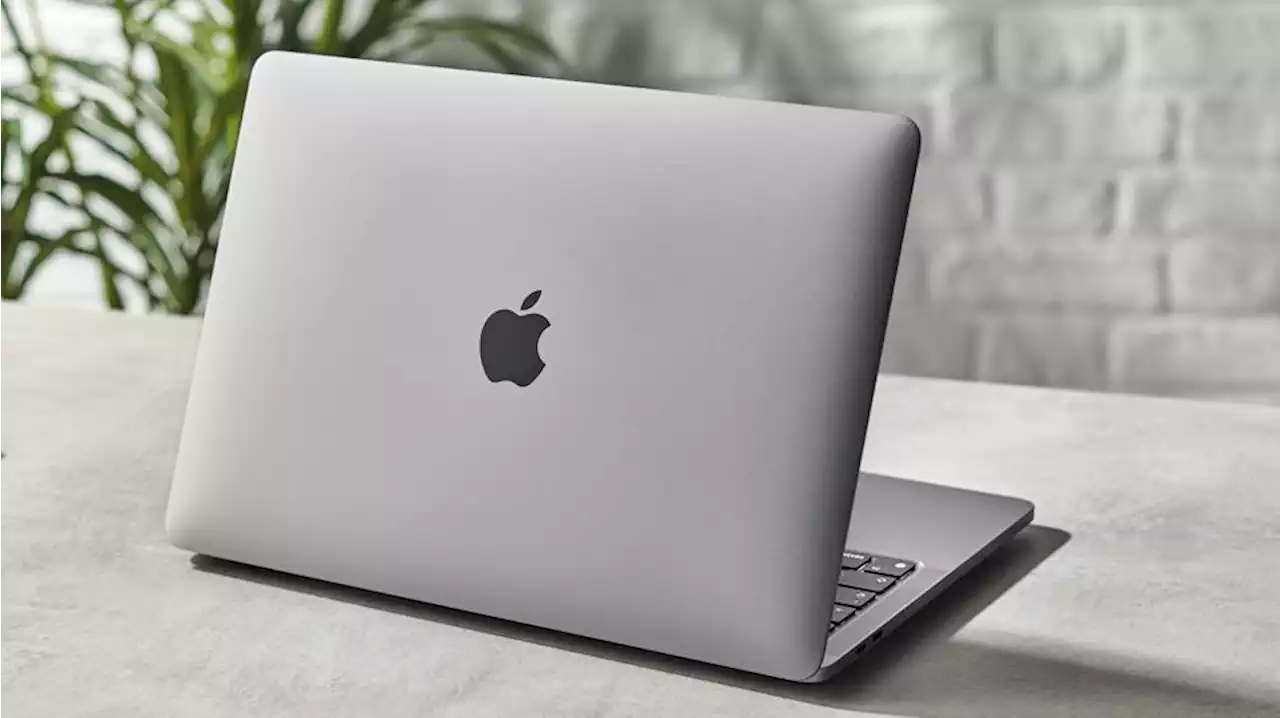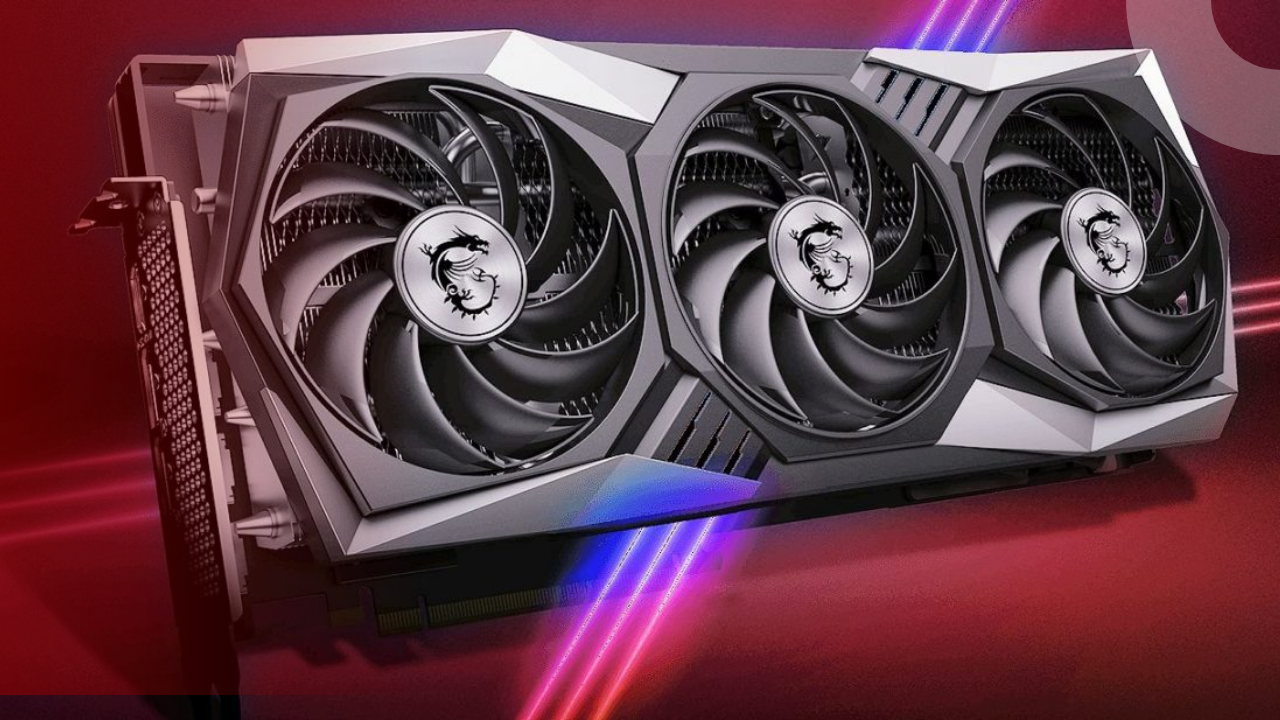The Apple MacBook Air M2, which was released at the Worldwide Developer Conference in 2022, is getting close to the end of its life. The latest sign is that the M2 chipset, which powers the consumer laptop, is being made less. Since this year’s WWDC is coming up in June, it seems likely that the MacBook Air M3 will be released around that time.
Thanks to the M3 chipset, this new Air will have more power than most people need in a consumer laptop. For people who want a bigger screen, a new MacBook Air with a 15-inch screen is also likely to come out soon.
Also, there will be a new MacBook Pro. Everyone should stay away from it.
When Apple switched from Intel to its own ARM-based Apple Silicon in 2020, it shook up the MacBook line. The MacBook Air took off, and the 14-inch and 16-inch models of the main MacBook Pro line gave the line a new look. With its switch to ARM, Apple also shook up the personal computer business.
As the latest data from Counterpoint Research shows, even after four years, the PC industry is still struggling to catch up to Apple and use the benefits of ARM that Apple has used.
“Personal computers (PCs) with Arm architecture will become more popular, and by 2027, their market share will almost double, from 14% now to 25%. Apple has been able to get 90% of the Arm-based notebook computer market because Arm-based hardware can run Mac OS.

The team at Counterpoint thinks that laptops are one of the best places for ARM hardware to grow. The lower operating temperatures and more efficient use of power will be important for adoption, and Apple already has years of user feedback and market experience to build on.
Assuming They Make Good Choices About Which Laptops to Sell.
When the MacBooks ran on Intel chips, it was clear what the MacBook Air and the MacBook Pro were for. The first one was made to be light and portable at the expense of performance, and the second one was made to be powerful and perform well even though it was heavier.
Tim Cook and his team changed that equation when they released Apple Silicon. The M1 chipset was first used in the MacBook Air in 2020. It had about the same amount of power as the last Intel MacBook Pros. Customers could get the power they needed and the portability they wanted.
Apple Silicon’s promise of power got bigger when the M1 Pro and M1 Max came out in 14-inch and 16-inch sizes of the MacBook Pro. These MacBook Pro models got bigger and put the “pro” in “professional.” When it came to the MacBook Air, Apple gave people who needed a macOS laptop a great one.
The 13-inch MacBook Pro M1 came next. It came out at the same time as the M1 MacBook Air. It was more powerful than the Air and was for a short time the most powerful MacBook until the larger Pro laptops came out.
The 13-inch MacBook Pro didn’t have as much power as the most powerful ones, and the MacBook Air already had more power. It was the worst of all possible worlds.

There may have been a good reason to release the Apple Silicon laptops with both an Air and a Pro model, but it didn’t take long for the 13-inch MacBook Pro to be replaced.
Apple kept selling the 13-inch MacBook Pro even after the M2 chipset came out for no apparent reason. It was slightly faster than the M2 MacBook Air, but it cost a lot more. The larger MacBook Pro laptops were much faster.
Now it looks like Apple is going to make the awkward and hard-to-define MacBook Pro even more popular. With the third version of the Apple Silicon desktop chip, which is probably called M3 and will be shown off at Apple’s Worldwide Developer Conference in June, everyone is looking forward to the next MacBook Air and another step up in performance for the consumer laptop.
Those who need more power are looking at the bigger laptops, those who want an all-arounder will go with the M3 Air, and those who care more about value for money will be hoping that the M2 Air becomes the $999 entry-level MacBook.
Read More:
Apple Is Apparently Closer to Integrating Non-Invasive Glucose Monitoring Technology to Its Watch.
Google, Microsoft and 15 other technology companies headed by Indian-origin executives
Sundar Pichai, The CEO of Google, Says that AI Will Be Added to The Search Engine.








